United Nations Special Rapporteur: US sanctions kill
Alena Douhan, the United Nations Special Rapporteur on the negative impact of unilateral, coercive measures on the enjoyment of human rights, who was on a mission to Iran from May 7 to 18th, has described US sanctions on Iran as unjustifiable and inhumane.
Iran has been subjected to a broad scope of unilateral sanctions for a long period of time already, in particular, the United States has imposed economic, trade, and financial, sanctions on Iran since the late 1970s.
With a comprehensive trade ban since 1995, and measures to isolate Iran from the international commercial and financial system, these were expanded in mid 2000, and then again after 2010, extending to many economic sectors.
Alena Douhan, UN Special Rapporteur
US sanctions also targeted the Central Bank of Iran as well as commercial banks. The EU adopted restrictive measures and comprehensive economic and trade sanctions against Iran in 2010, supplemented by an oil embargo in 2012 and trade prohibitions involving key sectors and freezing the assets of the Iranian Central Bank, the uranium shipping entities, the shipbuilding sector as well as a number of persons and entities, with restrictions on financial services as well as exports and imports.
In May 2018, Washington unilaterally withdrew from the JCPOA, under which the international sanctions on the Islamic Republic were eased in exchange for Tehran adhering to limitations on certain aspects of its nuclear activities.
The US then reinstated harsh economic sanctions on Iran and slapped new ones barring countries and international firms from working with Teheran.
Douhan said the US continues to ban trade and investment in Iran forcing foreign companies to leave the country for the fear of sanctions.
Many banks and businesses, including pharmaceutical and medical companies, around the world over comply with US sanctions out of fear of potential penalties. The UN rapporteur stated that over compliance with US sanctions has stripped Iranians have their basic right to health.
The top UN human rights official highlighted that deploying extraterritorial sanctions on Iranian companies, or companies working with Iran, is illegal under international law.
Douhan added that the sanctions have also hampered Iran's efforts to import life saving medicines as a consequence of restrictions on Iran related banking transactions.
Human Rights in Iran are severely affected by the use of unilateral sanctions. The most close to every single individual sphere in the sphere of health.
The situation in Iran is the following that some medicines are produced domestically, at the same time, the raw materials are imported. And it's done it comes the issue again of payments, deliveries, and the quality of delivery of raw materials.
When it comes to the area of severe diseases, there is no possibility to deliver that (the raw material).
Alena Douhan, UN Special Rapporteur
Commenting on Iran's frozen assets abroad, the UN official said that assets estimated to be around $120 billion need to be unblocked. Douhan began her 11 day visit to Iran on May 7th, a day before the fourth anniversary of the illegal US withdrawal from the JCPOA.
She also referred to stalled negotiations in Vienna, aimed at bringing the US back to the JCPOA, by urging the signatories and the US to resume the negotiations.
Douhan called on sanctioning states, the US in particular, to abandon their policy of maximum pressure against Iran and other countries.
Economic sanctions are the policy tool of choice, extensively used by the United States to force countries into compliance if they don't follow Washington's foreign policy objectives.
Yet they have failed to bring about the desired result. It has been demonstrated that sanctions only generate meaningful behavioral change in the targeted or sanctioned country 40% of the time.
We know that sanctions really don't work as far as convincing or having leadership's of different countries change their decision making or their behaviour. So I think over the years, we've learned that nothing's going to change with the continuing sanctions.
Patricia DeGennaro, Goepolitical Analyst
Unilateral sanctions have endangered the humanitarian situation and people's livelihood in Iran, while further affecting the vulnerable strata of society in sanctioned countries like Iran, Venezuela, Cuba, Syria and Yemen.
Medical Equipment in these countries is rather outdated, and they suffer shortages of medicine and PPE. One of the reasons is that payment systems are not available to buy and have medicine enter their respective countries.
For instance, Iran was the scene of a serious economic and health crisis having been hit hard by the Coronavirus pandemic as well as the embargo put in place by the United States, which threatened the lives of many Iranians.
In what has been termed "economic terrorism", Washington attempts to use sanctions as leverage to overthrow the legitimate governments of other countries, something it has done in the case of Venezuela and Cuba.
Whether direct or indirect, most of the US sanctions are not authorized by the United Nations Security Council and many of them are imposed unilaterally by Washington.
In fact, more than two thirds of the world's countries have officially condemned US sanctions as a blatant violation of international law and the UN Charter.
US threatens Iraq with potential sanctions if Maliki returns as PM: Report
Iran and Russia’s quiet economic realignment
Iran Judiciary: EU resolution parrots counter-revolutionary claims
VIDEO | Aerial shots of floods in western France's Maine-et-Loire department
UK police usurped by Zionists
Baghaei to Press TV: Iran enters Geneva talks with ‘open mind and open eyes’
Warships can be sent to the seabed, Leader says in response to Trump’s threats
VIDEO | Press TV's news headlines


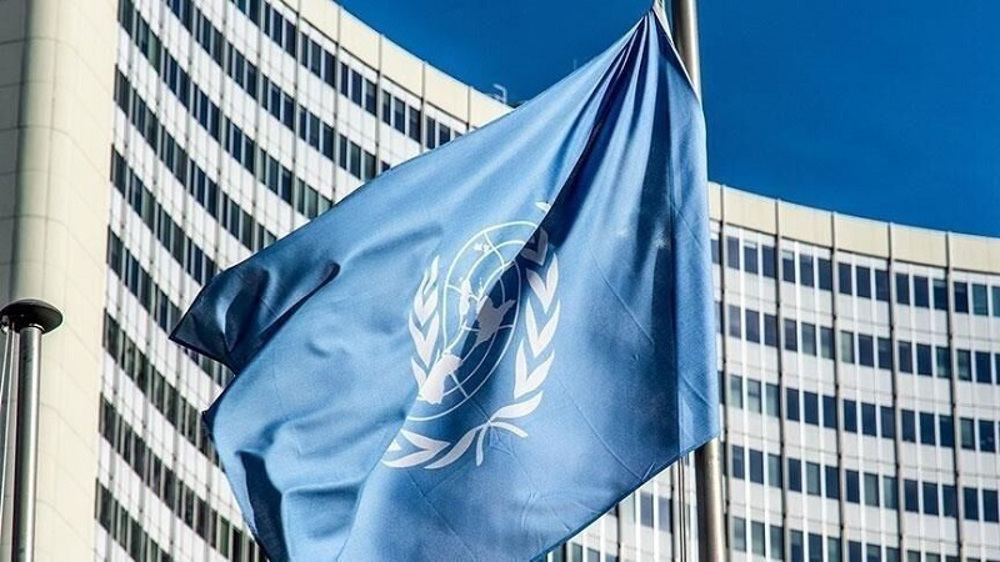
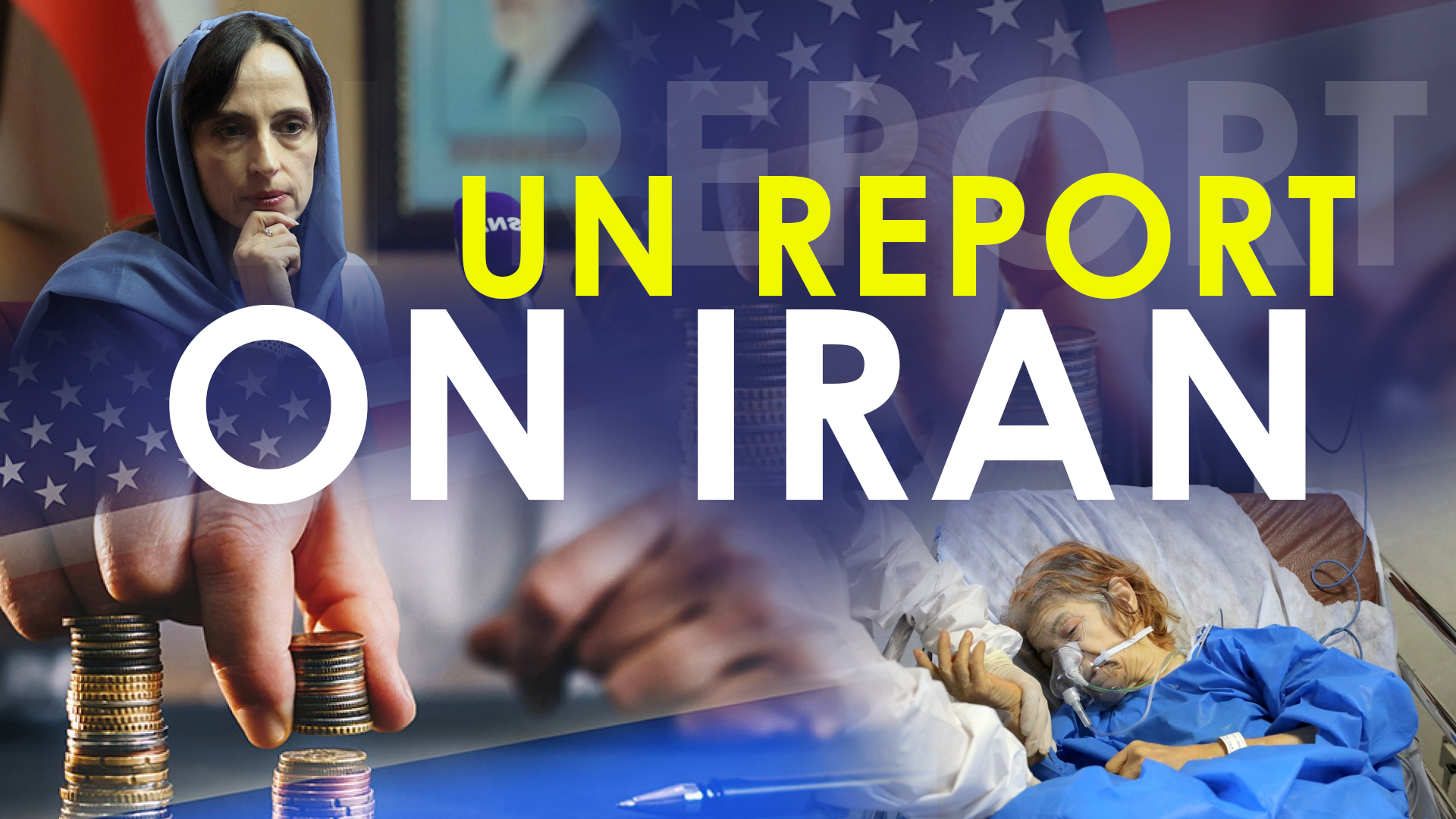
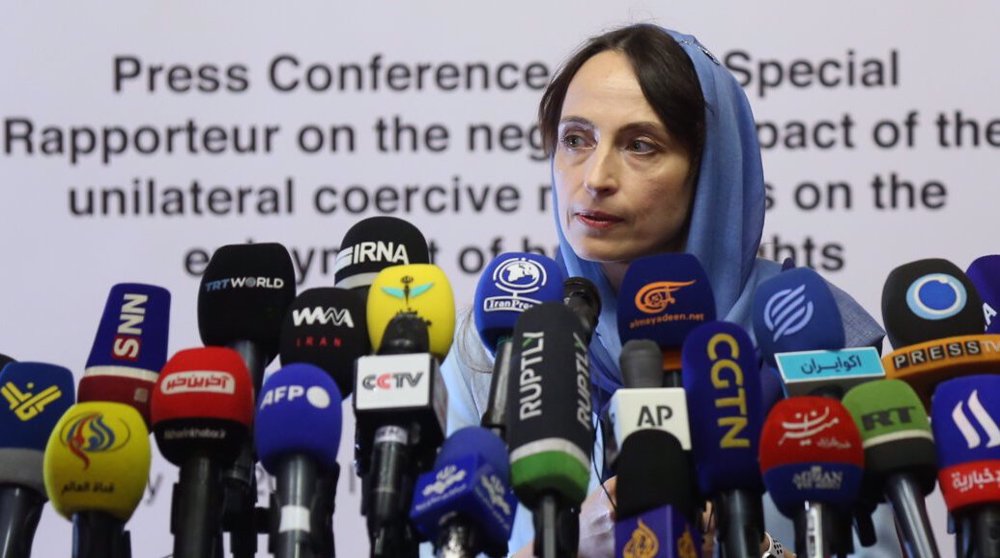
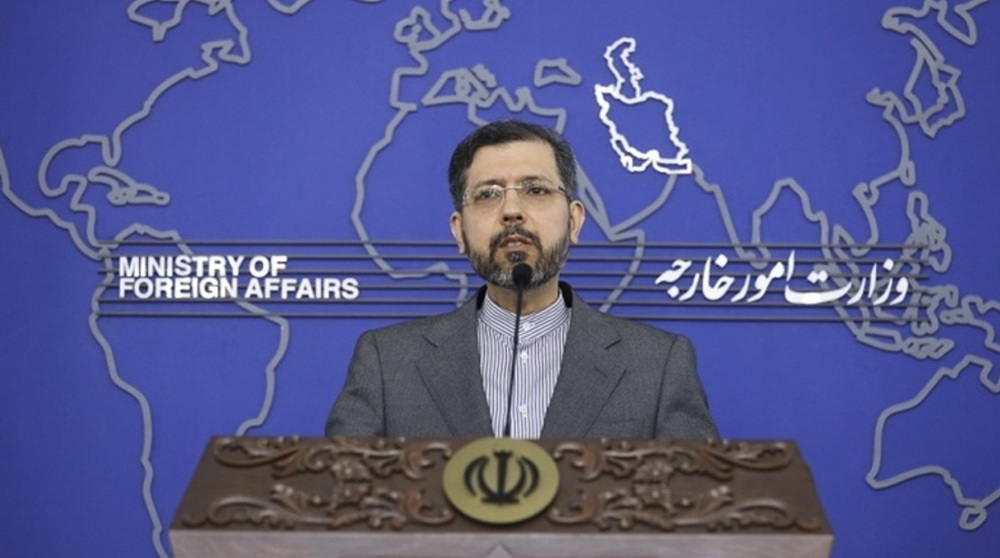
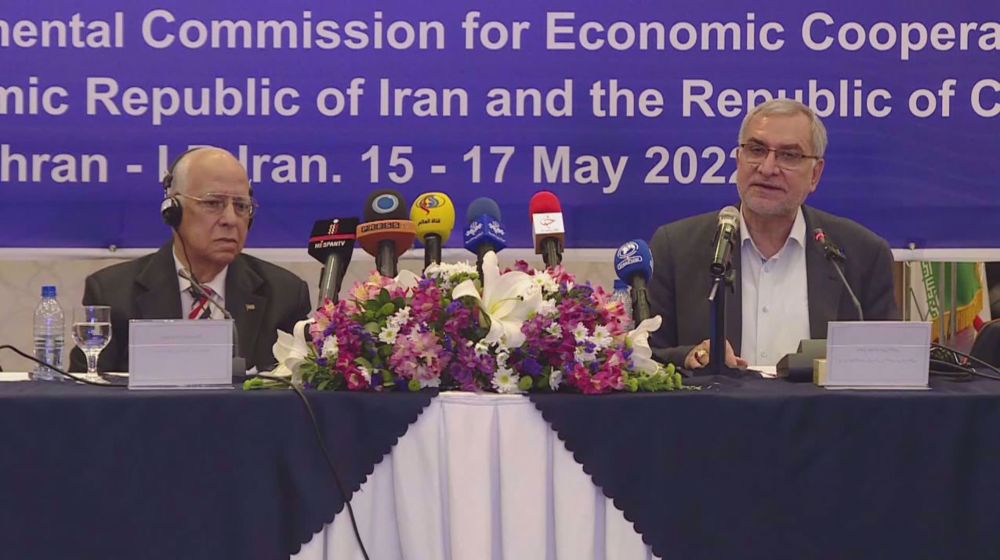
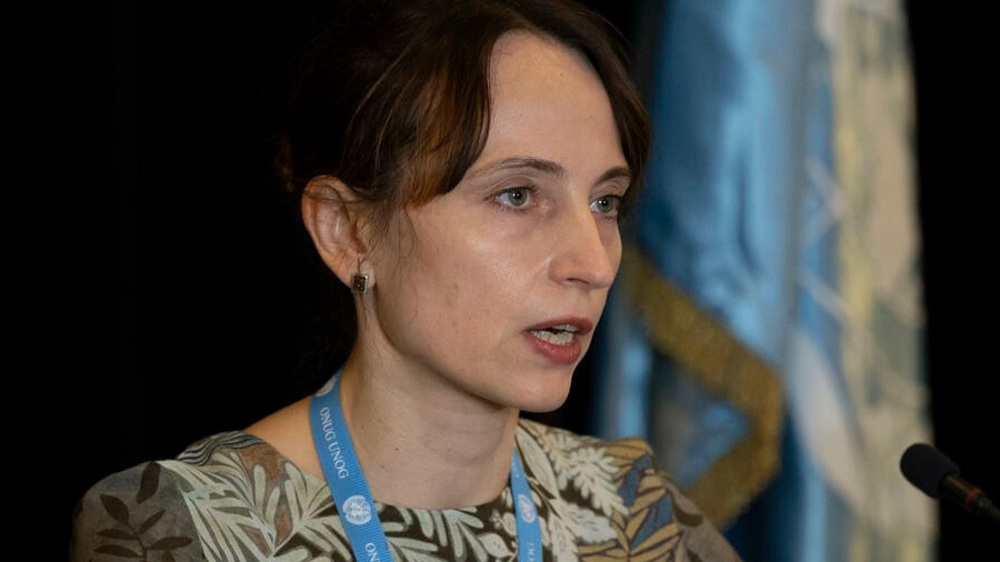
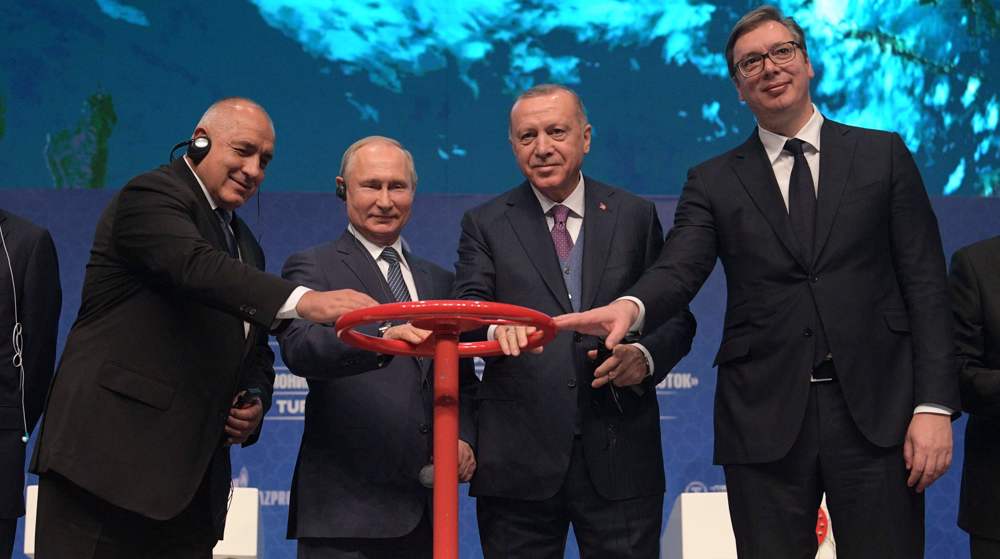
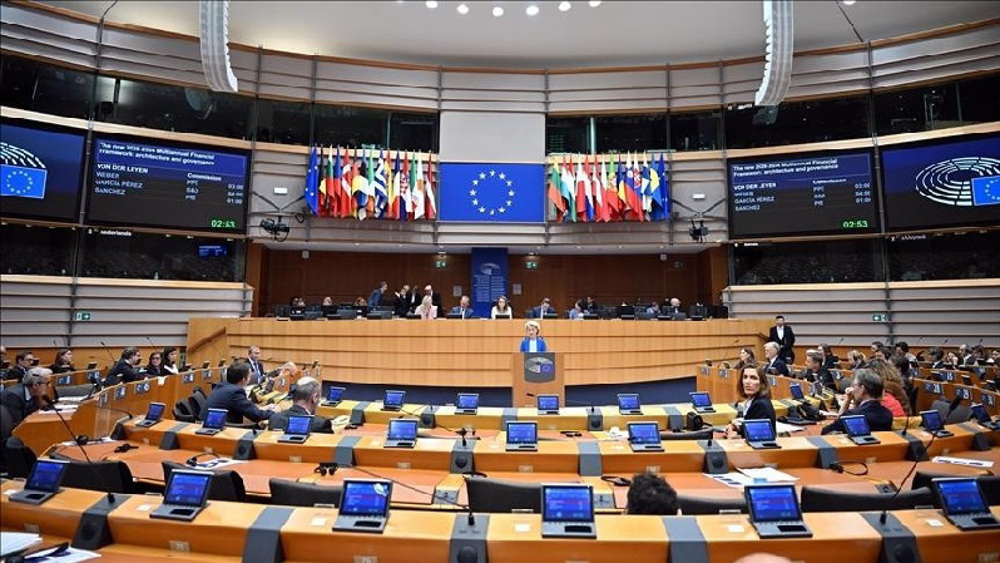
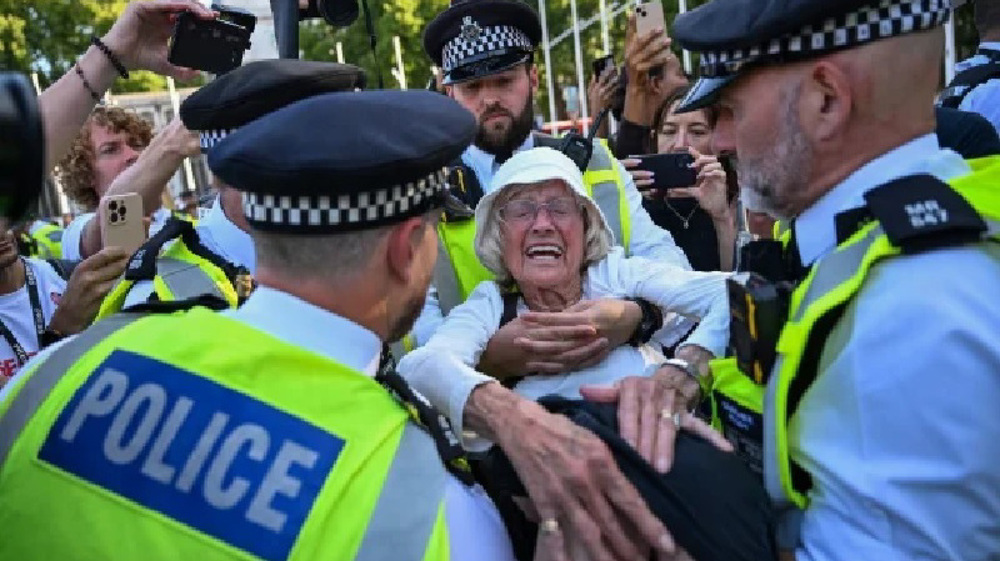
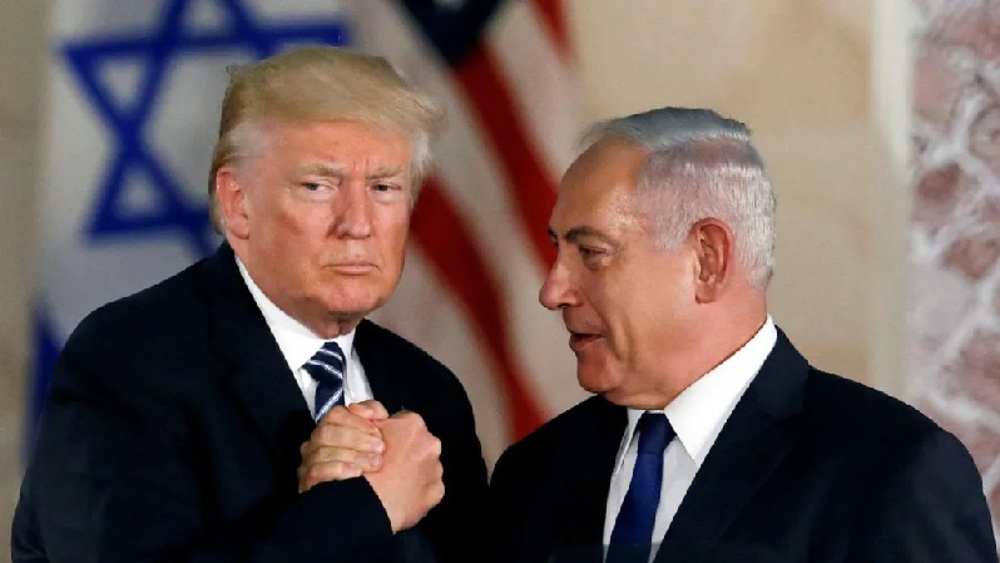



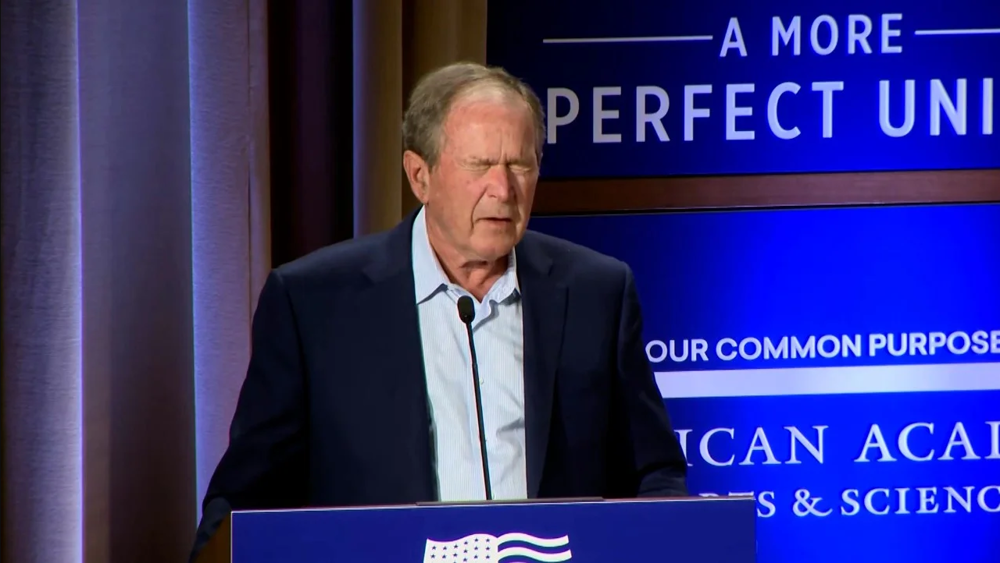

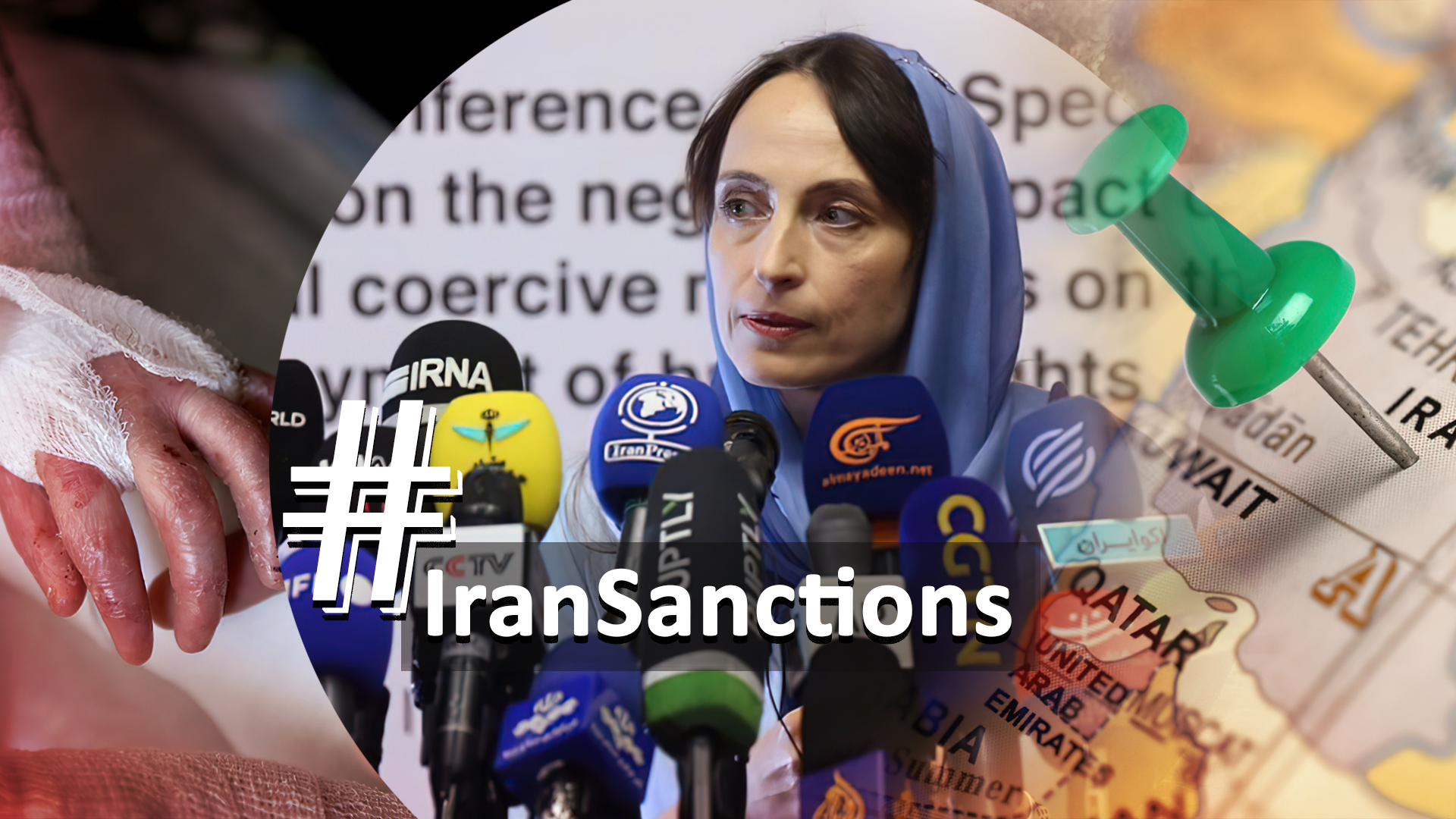
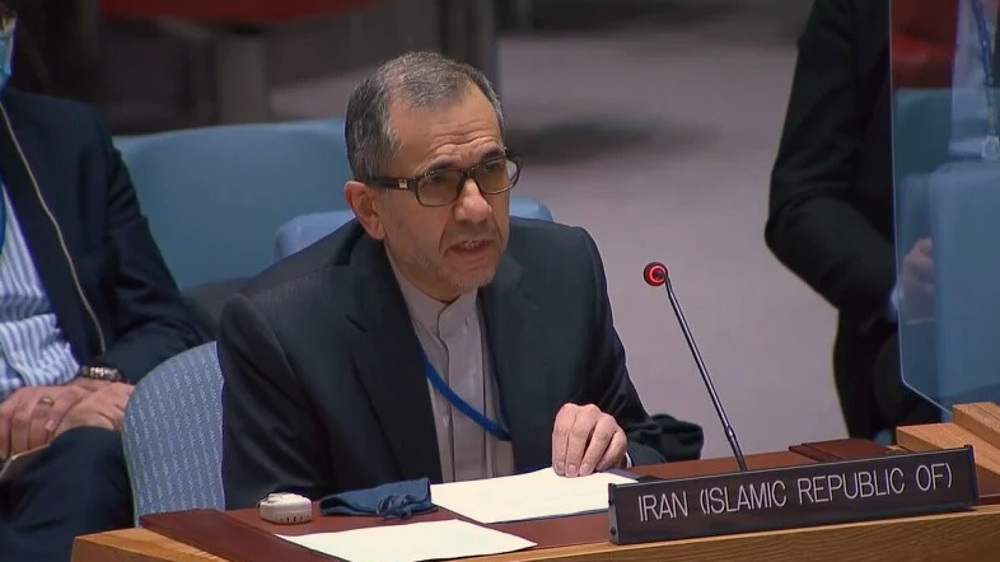
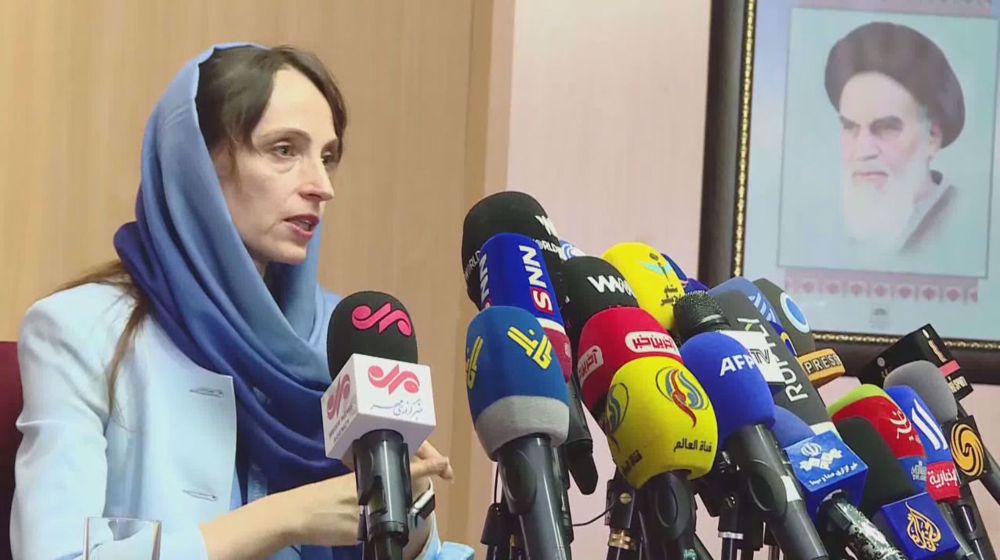
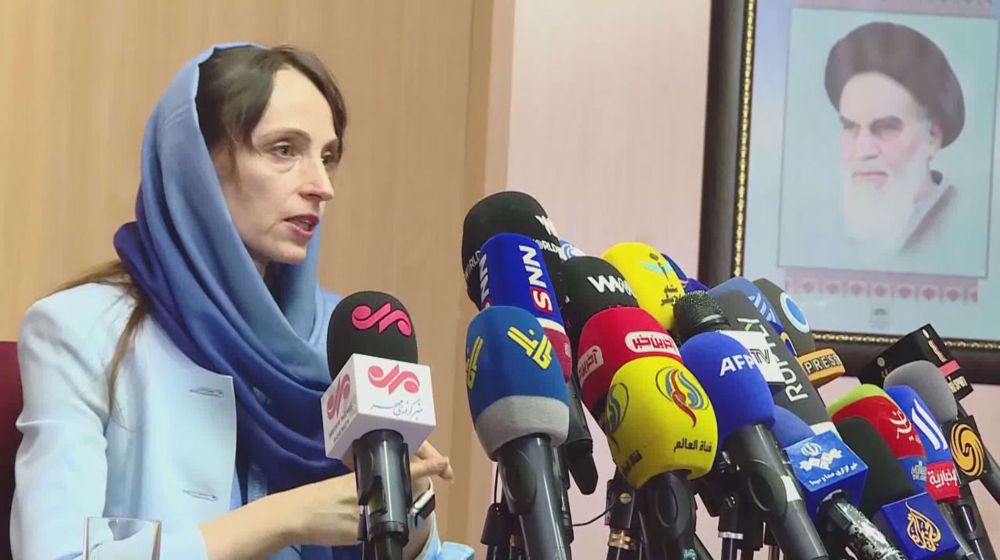
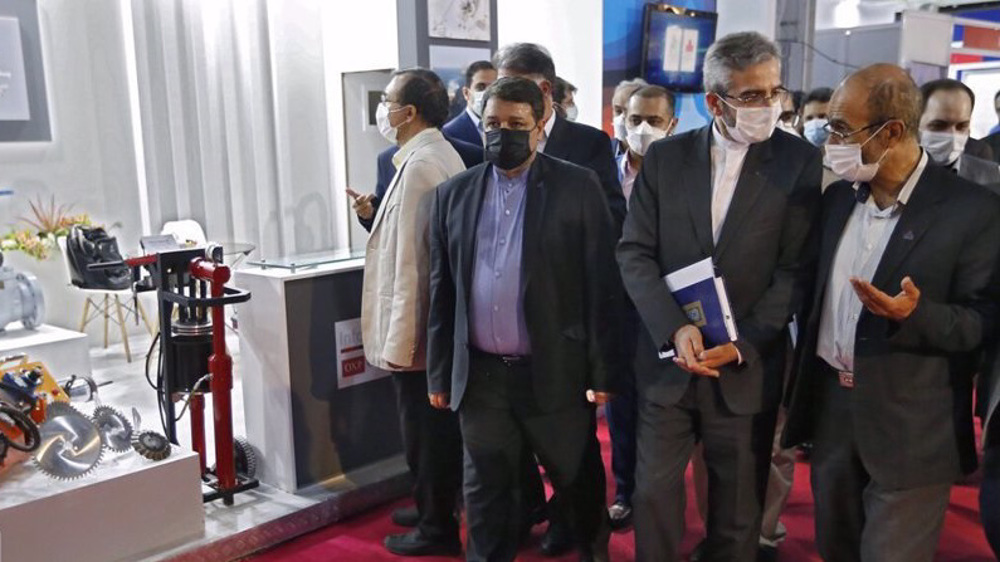
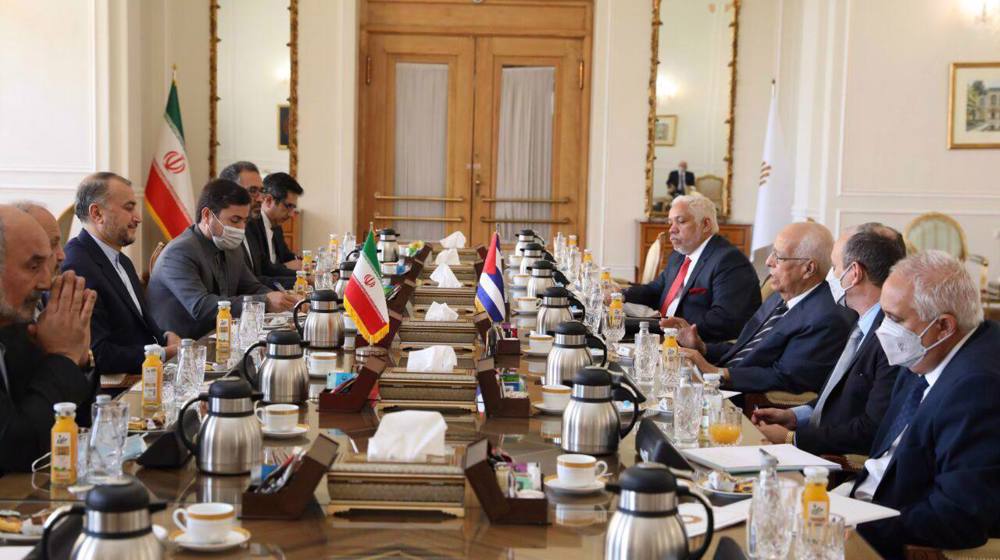
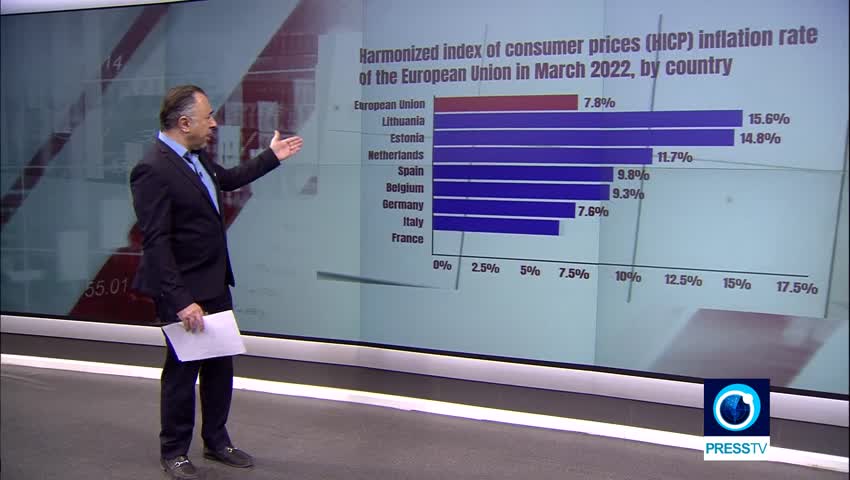

 This makes it easy to access the Press TV website
This makes it easy to access the Press TV website